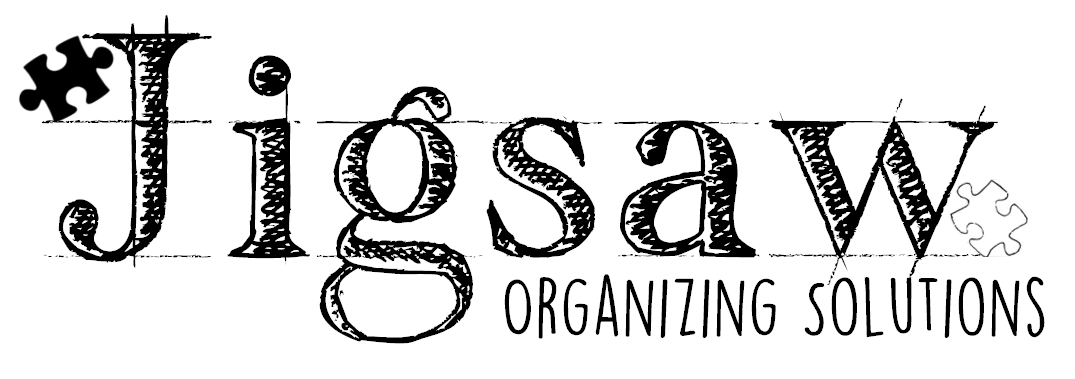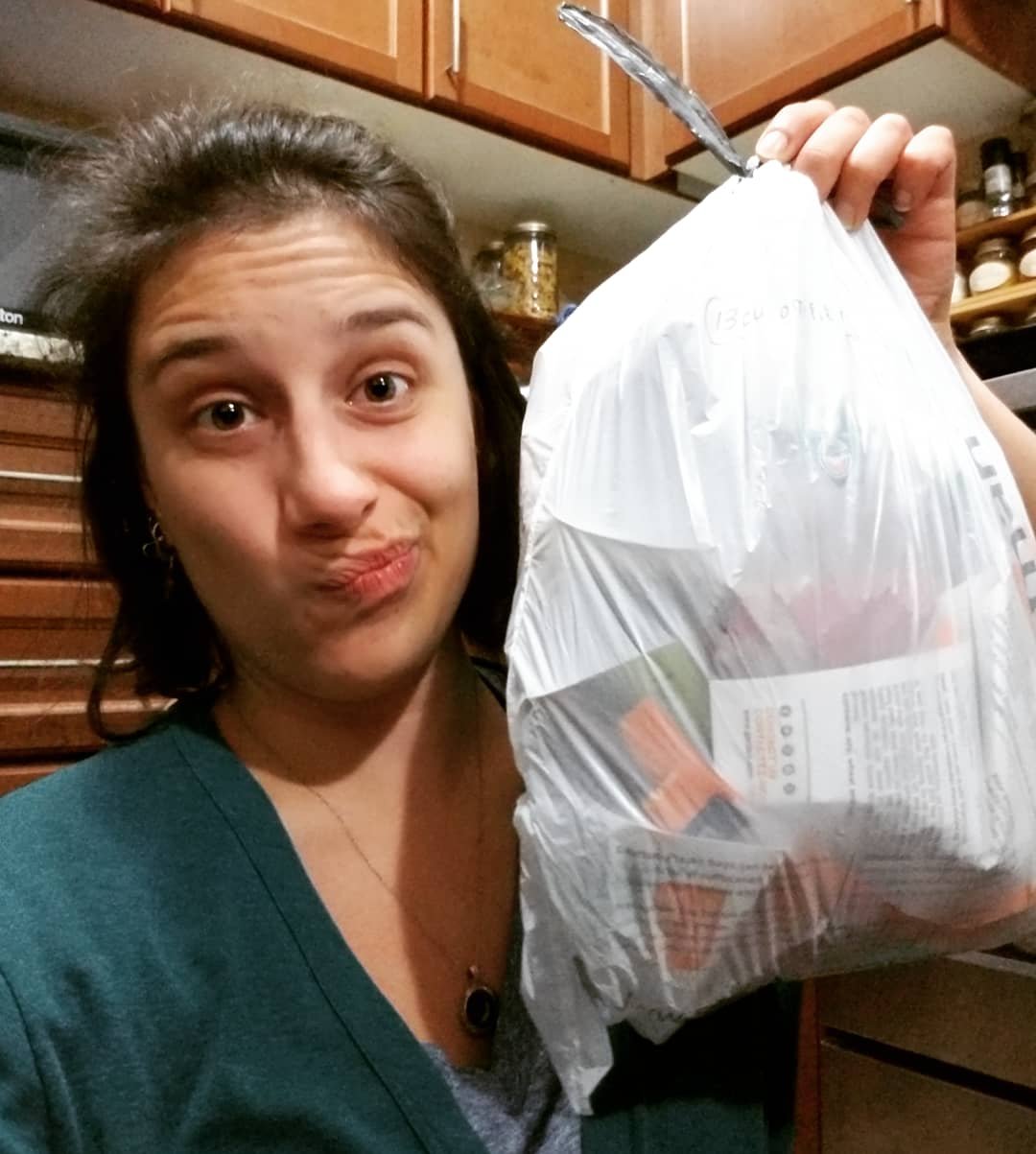It’s Zero Waste Month! Many people are challenging themselves to reduce their waste and fit all of their trash in a mason jar for the month. Have you tried this challenge before? It can seem really intimidating, but there is no need for perfection. No human can create literally zero trash, especially how our society operates, but it’s fun to challenge yourself and think outside the box!
What I wanted to talk about today is waste auditing. Have you thought about the items you are throwing out before? Have you taken a deep dive into your trash can? Well, let’s get to it!
The purpose of a waste audit is to see what items you are regularly (or occasionally) throwing out, and to see where you can make changes. I find a week is a good sample size for waste auditing, as most people create a sizeable amount of trash in 7 days, especially if there are multiple people living in the house.
1. Start with a fresh bag in your trash can. Do this in every room you have a trash can, so you have an accurate start time and sample for your waste audit for the entire house.
2. Go about your week as you normally would – getting takeout, buying your regular groceries etc. Try to bring home all of your trash with you if you get stuff when you are out and about – or at least write those items down (eg. coffee cup, paper bag from bagel to go) so you have an accurate number of the items
3. Once the week is over (or whatever time frame you decided), grab all of your trash bags, put on some gloves and start digging. It’s best to do this on the floor or some surface that can be easily cleaned – not your lovely sofa! Pull everything out and see what is in there. It will likely be very smelly, so hopefully you have a strong stomach… If you have already started composting your food scraps before this audit, then you will likely have an easier time of this!
4. Gather your data. Keep a piece of paper and pen handy to record your information. Tally up all of the items – eg. 12 granola bar wrappers, 3 bread bags, 4 twist ties, 4 apple cores, 1 dried up pen etc. Keep a separate tally for each room, so you can see what patterns are happening around the house.
5. Look at your data. You will likely have a lot of repeat items in your trash cans, and this is good! Those repeat items are where you may be able to make some real changes.
6. Think about alternatives. If you are noticing a lot of candy wrappers or snack foods, those are items that you can often purchase in your own containers from bulk food stores! Maybe you can try your hand at making your own granola bars or popcorn? Maybe you can opt for items in cardboard or paper rather than plastic packaging? You can also check out my upcycling resource list for items that you may not know you can recycle rather than toss in the trash – eg. did you know that dried up pens/markers can be recycled at Staples?
7. I wanted to also include in here that if you are unable to find alternatives with less packaging, and if you are unable to make your own food and snacks - that is ok! There is a lot of pressure on individuals to be responsible for our actions, when the biggest issues lay with big corporations and politicians. If possible, contact a company whose food you enjoy, and suggest alternate ways of packaging to them. They may (or may not) reply to you, but may really appreciate the suggestions! Most of all, be kind to yourself and know that you are enough.
8. If you’ve found alternatives that work for you and your family, try a week with those new items and see how it goes! Do a waste audit at the end of that second week to see what a difference there was by comparing both of your audits. Any changes are fabulous, so be proud of yourself!
A waste audit is not about perfection or huge “improvements”, it is mostly about awareness. Humans are so used to disposable and single-use items, so it’s good to have a more conscious awareness of our individual impacts. Even just realizing that you have a lot of food packaging in your trash is huge, because you may start to look at things differently at the grocery store to see what other items are available. You may also get to know your recycling system better, as you realized that certain items can be recycled rather than thrown away. Maybe you have started to compost in your backyard or through your city’s green bin program! All of these thoughts and actions are awesome, and each small change can lead to bigger changes, which can make a huge impact!!
Check out my 31 Tips for Plastic Free July blog for ways you can reduce your waste!
What are you waiting for? Have you done a waste audit yet?







